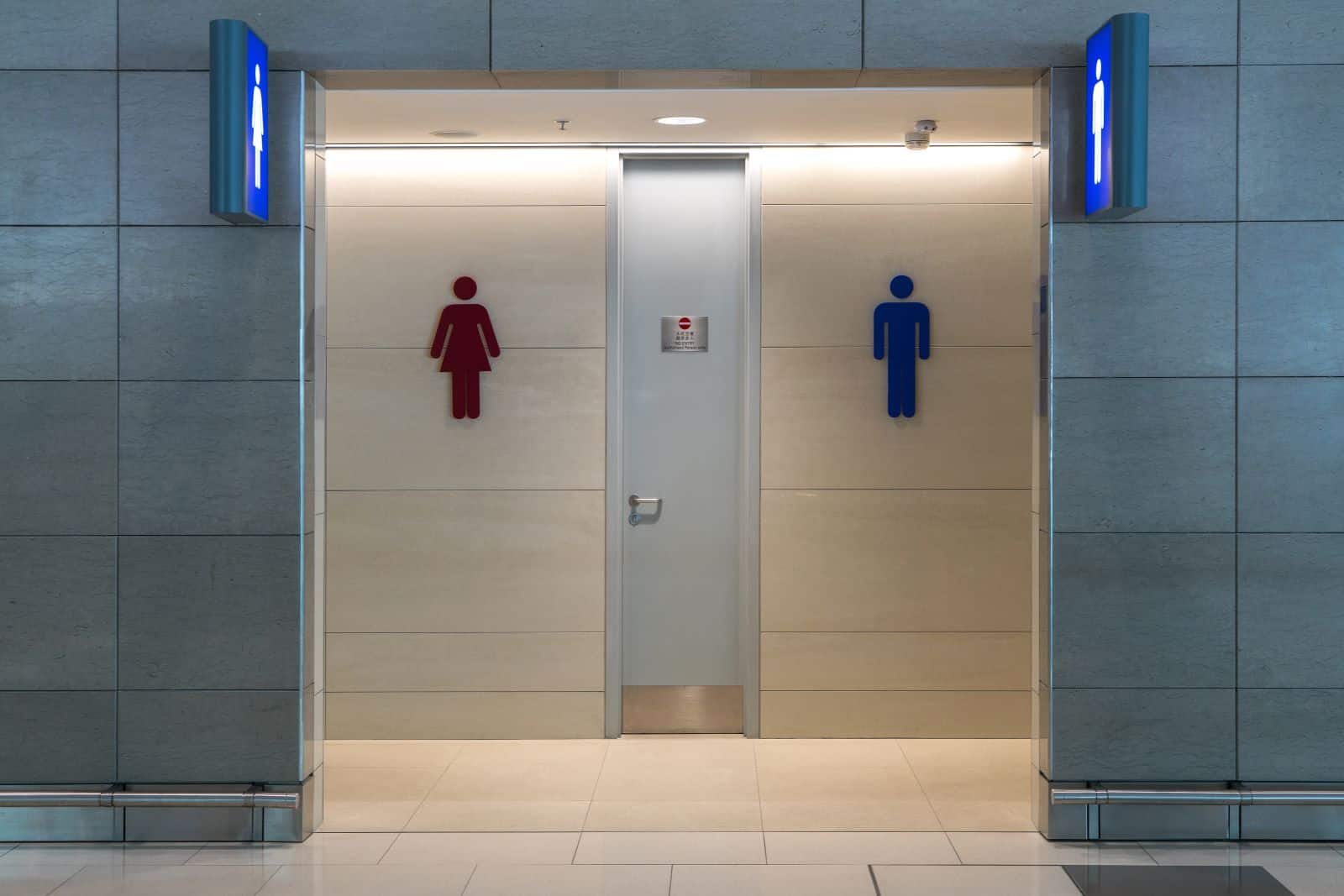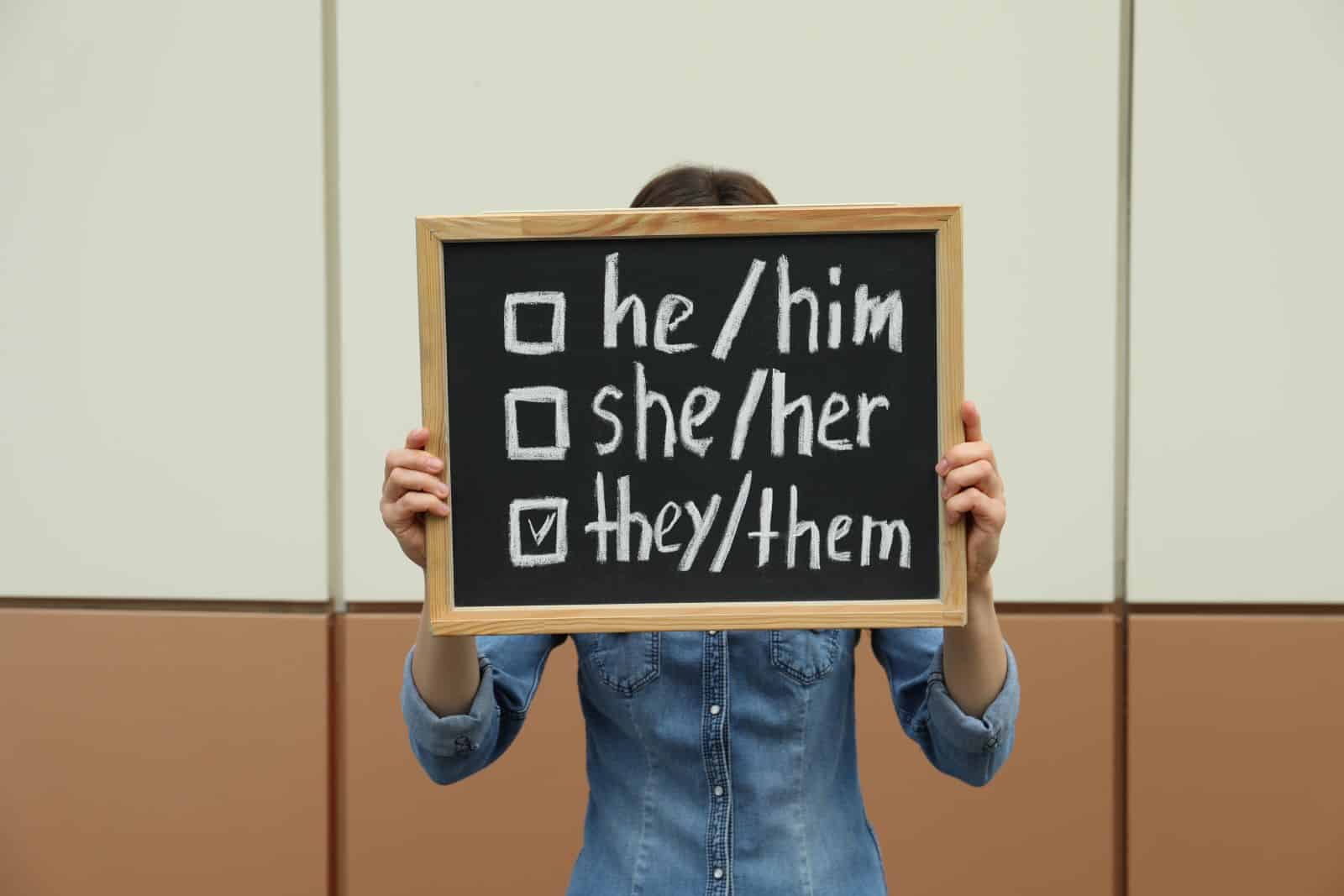The push for non-binary recognition in various aspects of society raises important questions about inclusivity and the complexities it introduces. How do we navigate these changes, and what are the key areas affected by this evolving understanding of gender?
1. Legal Document Challenges

Non-binary individuals often face difficulties in obtaining legal documents that reflect their gender identity, creating barriers in daily transactions and interactions.
2. Public Awareness

There is a general lack of public understanding about non-binary identities, which can lead to misunderstandings and discrimination.
3. Healthcare Access

Medical systems are typically structured around a binary gender framework, complicating access to appropriate health care for non-binary individuals.
4. Binary Facilities

The binary nature of most public facilities, like bathrooms and locker rooms, poses daily challenges and discomfort for those who identify as non-binary.
5. Employment Discrimination

Non-binary individuals frequently encounter workplace discrimination, from hiring practices to workplace culture, often due to a lack of protective legislation.
6. Educational Systems

Schools and universities often lack policies or resources to support non-binary students, from enrollment forms to dormitory arrangements.
7. Mental Health Stigma

The mental health challenges that non-binary people face are often exacerbated by stigma and a lack of knowledgeable providers.
8. Social Isolation

Non-binary individuals may experience social isolation due to misunderstanding or rejection from family, friends, and community.
9. Misgendering

Routine misgendering, whether intentional or accidental, can have profound negative effects on the well-being of non-binary people.
10. Media Representation

Non-binary individuals rarely see themselves accurately represented in media, if they are represented at all, which affects public perception and self-identification.
11. Sports and Competition

The binary nature of most competitive sports excludes non-binary individuals or forces them to choose a gender with which they may not identify.
12. Legal Recognition

The lack of formal legal recognition in many jurisdictions means that non-binary individuals often have to navigate systems that do not acknowledge their identity.
13. Parenting Rights

Non-binary parents face specific challenges in legal and social recognition, affecting everything from parental rights to interactions with educational institutions.
14. Travel Complications

Travel can be particularly daunting for non-binary individuals, involving security procedures and documentation that does not reflect their identity.
15. Insurance Policies

Insurance policies and related healthcare services often do not account for non-binary identities, complicating access to necessary medical procedures.
16. Census and Data Collection

Most official data collection efforts do not recognize non-binary identities, leading to a lack of essential data that could inform supportive policies.
17. Emergency Response

In emergencies, non-binary individuals can face hurdles, from misidentification to receiving appropriately respectful care.
18. Military Service

The binary gender requirements of many military organizations can exclude non-binary individuals or complicate their service experience.
19. Financial Services

Applying for and obtaining financial services, such as loans or credit, can be complicated by ID documents that do not match the individual’s gender identity.
20. Political Representation

There is a notable lack of non-binary representation in political offices, which affects the advancement of specific policies that address non-binary issues.
The Road to True Inclusion

Recognizing non-binary identities is not just about adding complexity; it’s about affirming the identities of countless individuals and ensuring they can participate fully and fairly in all aspects of society. The challenges are real, but the pursuit of inclusivity is a testament to the progress we can achieve when we embrace the full spectrum of human diversity.
The post Facing the Facts: 20 Reasons America Isn’t Prepared for Non-Binary Gender first appeared on Pulse of Pride.
Featured Image Credit: Shutterstock / AJR_photo.
For transparency, this content was partly developed with AI assistance and carefully curated by an experienced editor to be informative and ensure accuracy.

